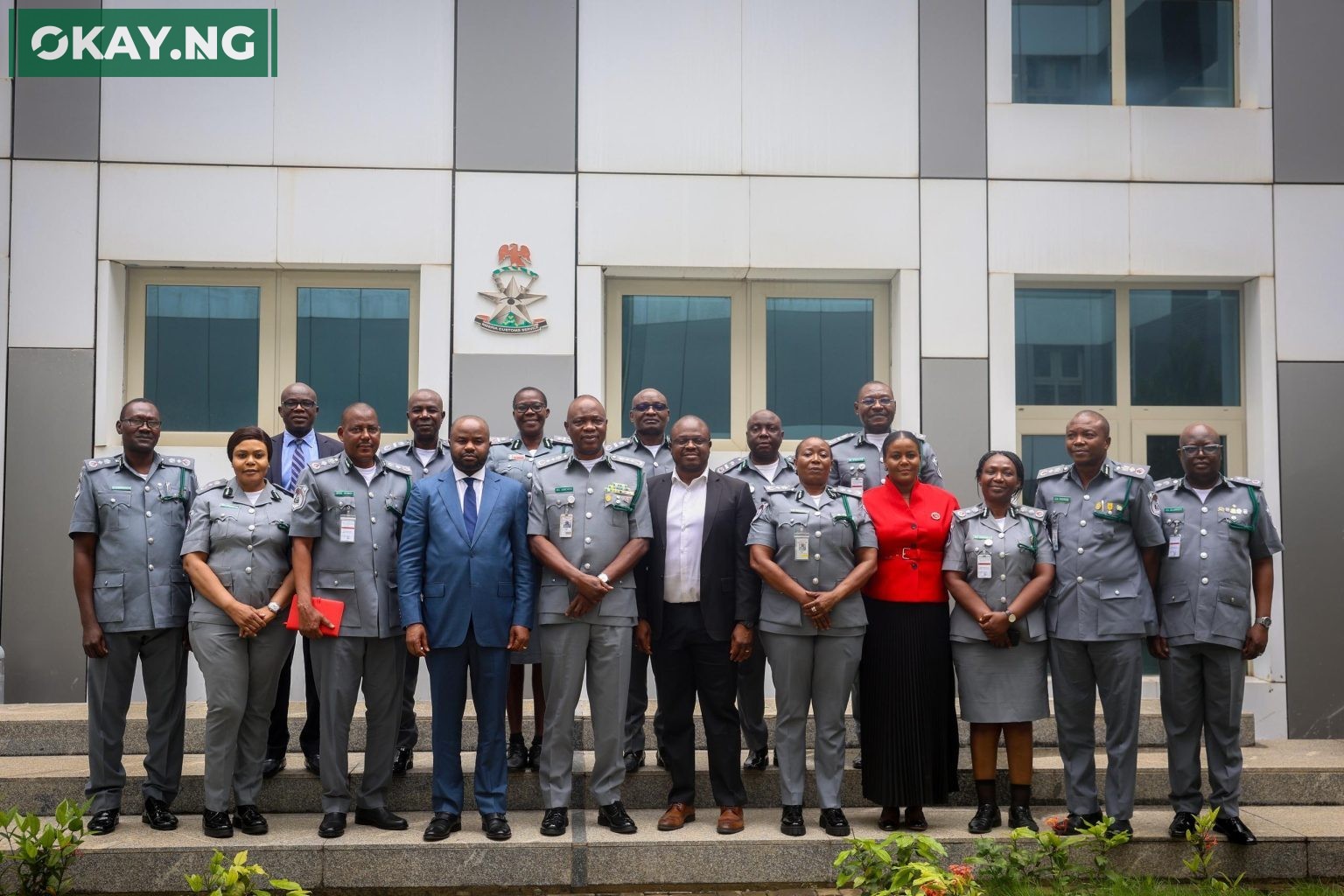The Nigeria Customs Service (NCS) is ramping up preparations for the launch of the National Single Window (NSW) Project by forging stronger cooperation with the Federal Inland Revenue Service (FIRS) and the NSW Secretariat.
On Tuesday, Comptroller-General of Customs Bashir Adewale Adeniyi (MFR) hosted FIRS Executive Chairman Dr. Zacch Adedeji and NSW Project Director Mr. Tola Fakolade at the NCS Headquarters in Abuja to review progress and set the final roadmap towards the platform’s operational debut in the first quarter of 2026.
Adeniyi described the NSW as “a transformational initiative that will reshape Nigeria’s trade landscape”, stressing that success would hinge on tight inter-agency collaboration. “This project is not just about technology; it is about building a modern trade ecosystem where government agencies work as one to serve the trading community with efficiency, transparency, and speed,” he said.
Launched in April 2024 by President Bola Ahmed Tinubu, the NSW will serve as a unified digital platform linking all trade-related government agencies. Once live, it is expected to slash bureaucratic bottlenecks, cut cargo clearance time, lower operating costs for businesses, and boost Nigeria’s competitiveness in global commerce.
FIRS boss Dr. Adedeji reaffirmed his agency’s commitment, noting that the system would enhance compliance, improve revenue collection, and strengthen the ease of doing business. “We will collaborate fully to ensure the system delivers on its promise of improved compliance, revenue growth, and ease of doing business,” he assured.
Mr. Fakolade called on all partner agencies to meet their integration deadlines to ensure the Q1 2026 rollout remains on track.
The meeting ended with a joint pledge by NCS, FIRS, and the NSW Secretariat to accelerate technical integration, maintain open communication channels, and keep stakeholders updated. When operational, the platform is projected to boost revenue generation, create jobs, enhance compliance, and deliver tangible benefits to businesses, government, and consumers.







